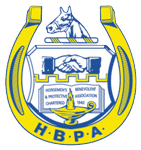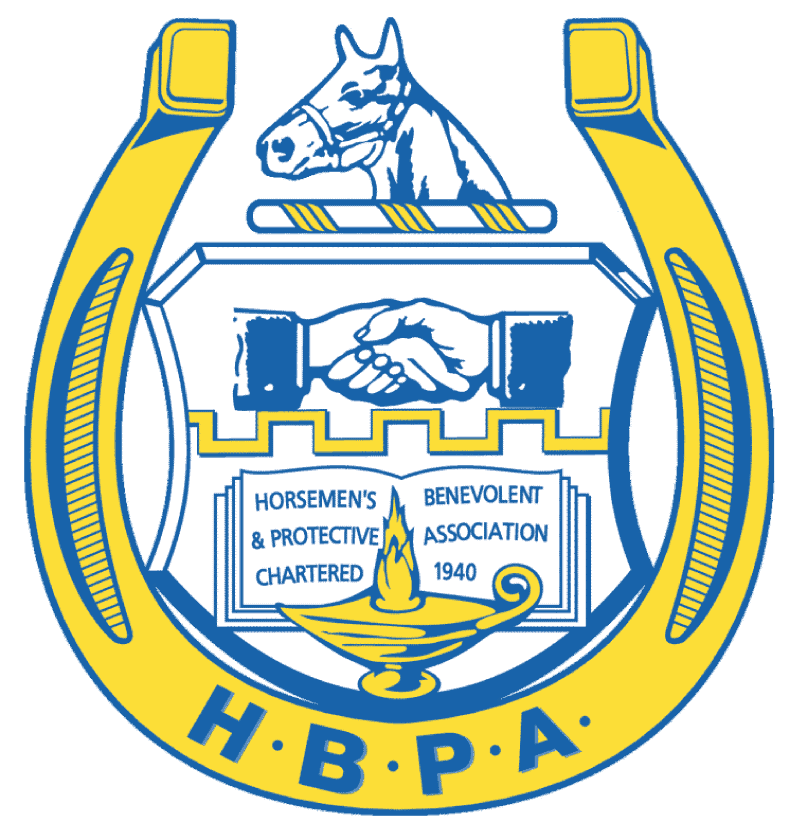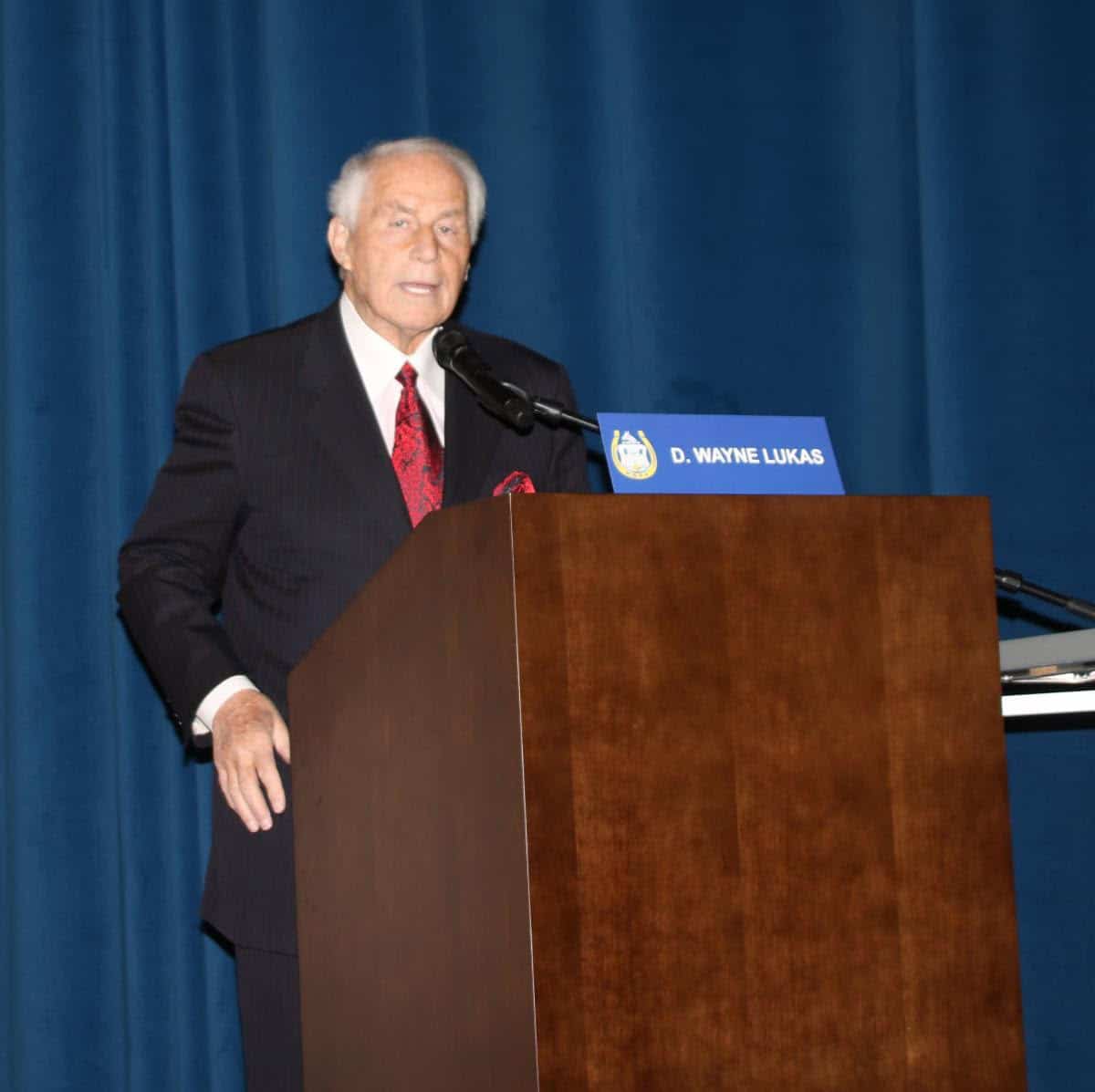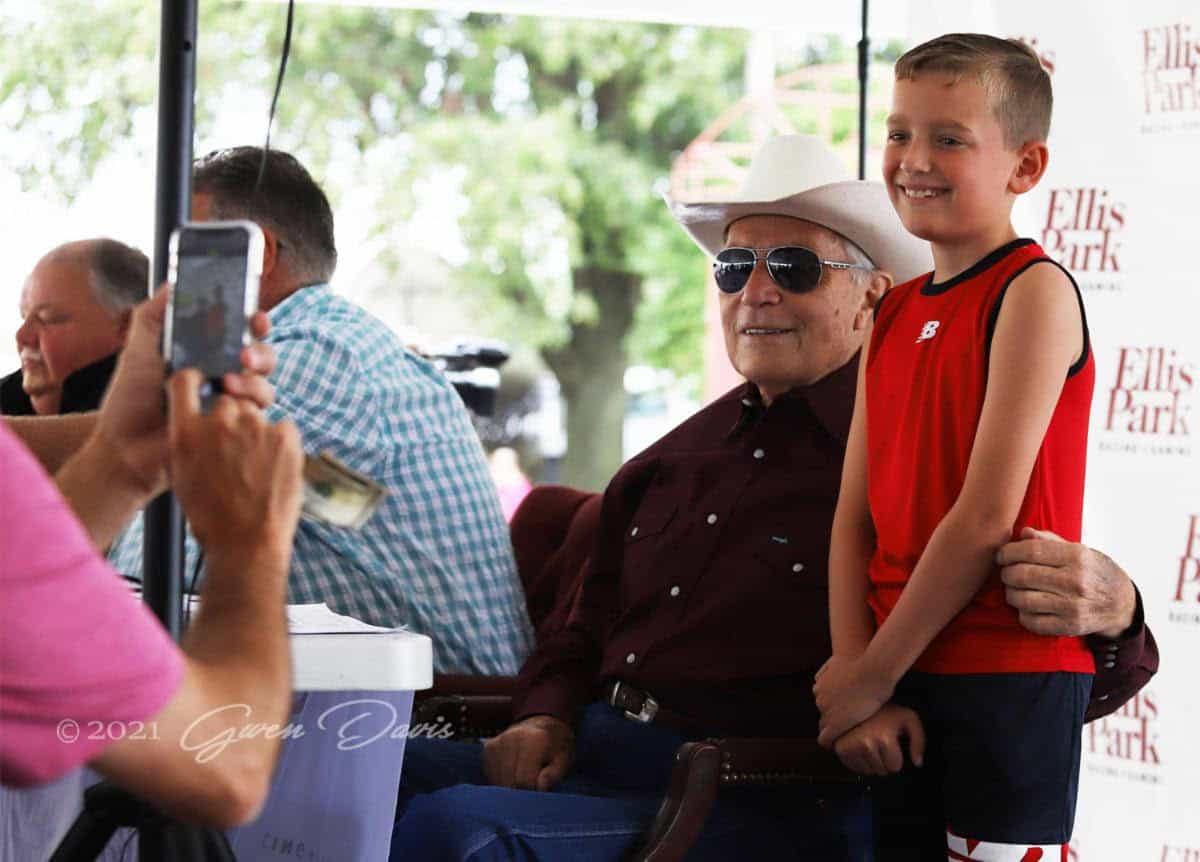NHBPA Foundation Assists Nebraska Horsemen Impacted by EHV-1
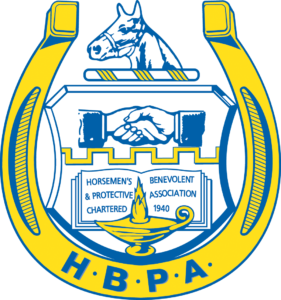 The National HBPA Foundation is coming to the assistance of Nebraska horsemen whose horses have been quarantined since March 10 following an outbreak of Equine herpesvirus-1 (EHV-1).
The National HBPA Foundation is coming to the assistance of Nebraska horsemen whose horses have been quarantined since March 10 following an outbreak of Equine herpesvirus-1 (EHV-1).
The National Horsemen’s Benevolent & Protective Association Foundation (NHBPAF) is making a per-horse monetary donation to every owner and trainer impacted by the lockdown in two barns at Fonner Park since two horses were confirmed to have died from the infectious virus.
Fonner Park is located in Grand Island, Neb., about 90 miles west of Lincoln.
The NHBPAF is a tax-exempt 501 (c)(3) fund developed by the National HBPA as a safety net for horsemen when other forms of assistance are unavailable or have been exhausted after disaster strikes. The foundation previously helped feed horses after equine herpes surfaced in Pennsylvania, Iowa, Kentucky and an earlier outbreak in Nebraska. The National HBPA represents close to 30,000 Thoroughbred owners and trainers in America.
The Nebraska HBPA also is providing the impacted owners and trainers a per-horse amount of money to use toward expenses that continue to accrue while their horses are prevented from racing.
“Horsemen by nature are always standing ready to help other horsemen in need,” said Leroy Gessmann, the NHBPA Assistance Committee Chair. “Without question the NHBPA Assistance Committee members understand the meaning of benevolence and how much lending a helping hand means. The horsemen and horsewomen in Nebraska are temporarily going through a struggle, and this committee is proud to join with the Nebraska HBPA to provide some relief through the National HBPA Foundation. I strongly encourage any horseman or horsewoman out there to also step up and donate to the NHBPA Foundation for moments just like these that may very well involve you next.”
About 110 horses, which includes a handful of stable ponies, have been impacted. Nebraska HBPA President Garald “Wally” Wollesen said about 90 horses that were potentially exposed to the virus but have negative test results are housed in one large barn, while 20 others that tested positive were moved to an arena set up with temporary stalls. Wollesen said he was told that, if all goes well, the horses in the large barn could be released from the quarantine setting later this week.
All the horses originally were confined to their stalls. However, for the past week, the horses in the large barn have been allowed to go to the training track, which is restricted to those horses, and to hot-walking machines, Wollesen said. Rigid sterilization protocols overseen by the Nebraska Department of Agriculture are followed when those horses are taken from their stalls, he said.
“As an organization founded by horsemen and women, we know all too well the highs and lows this industry has in store for us,” said Dr. Doug Daniels, the National HBPA President. “It is important for us to recognize those having trouble and even more important to act as best we can to help those who need assistance. I am proud that the Assistance Committee chose to utilize the NHBPA Foundation to lend a financial hand to the horsemen in Nebraska in this tough time, proving once again that we are horsemen helping horsemen.”
Wollesen said the outbreak of the disease has been devastating to the horsemen.
“In the state of Nebraska, we run for very modest purses,” he said. “We run 53 days a year is all. To go into quarantine for 21 days with no income, we had to do something to try to help everyone out. In fact, in 2016 when it happened in Nebraska, my horses were involved. I know how it hurts.
“Everyone is very appreciative of the help we and the National HBPA Foundation have given them. These horsemen haven’t made a dime, but at least we helped them a little bit. Nebraska has quite a history of horse-racing fans. They started contacting me at the races and out and about, wanting to help. One gentleman bought 11 round bales of hay and delivered them to the quarantine barn. People have donated $15 to cover feeding a horse for a day. As sad as it is — and we did have to euthanize two horses — the Nebraskans have really stepped up to help.”
